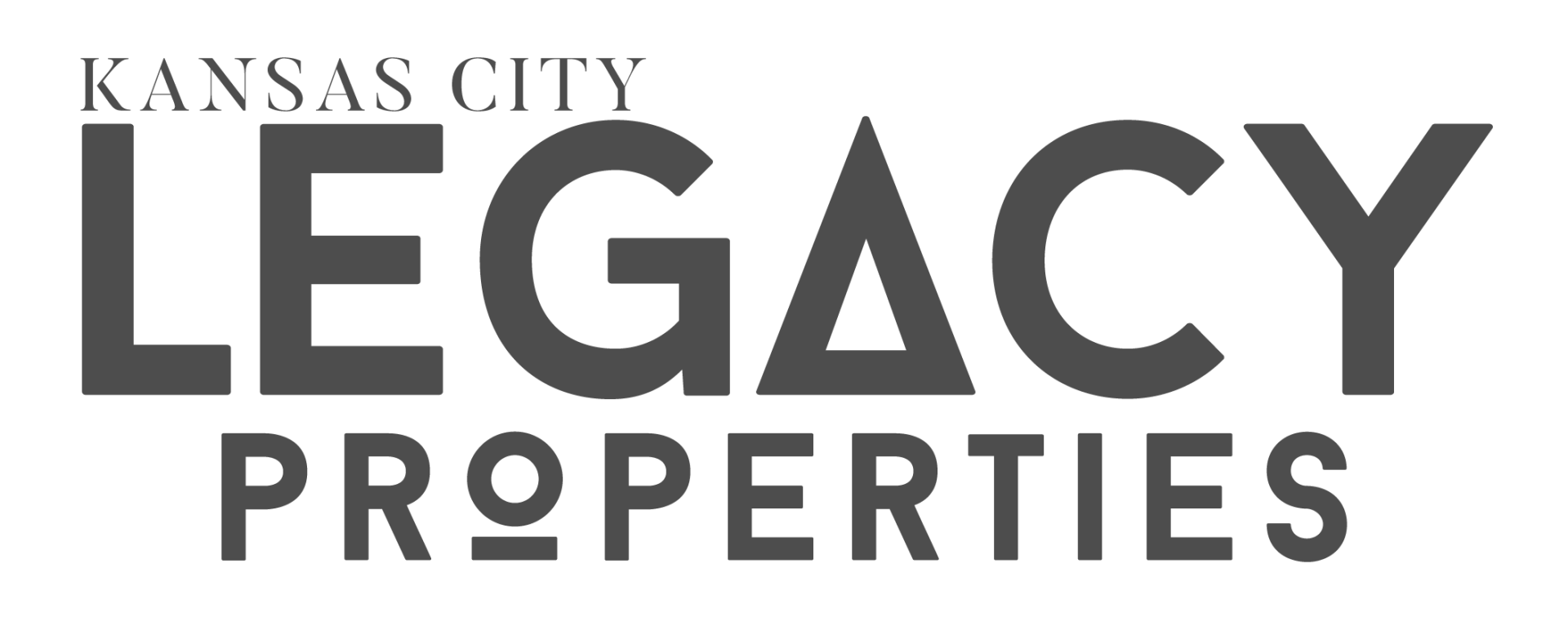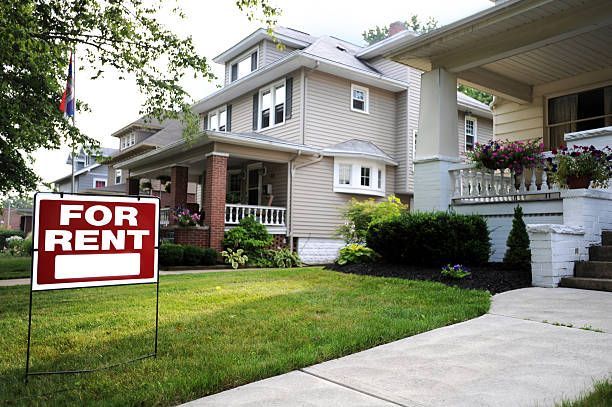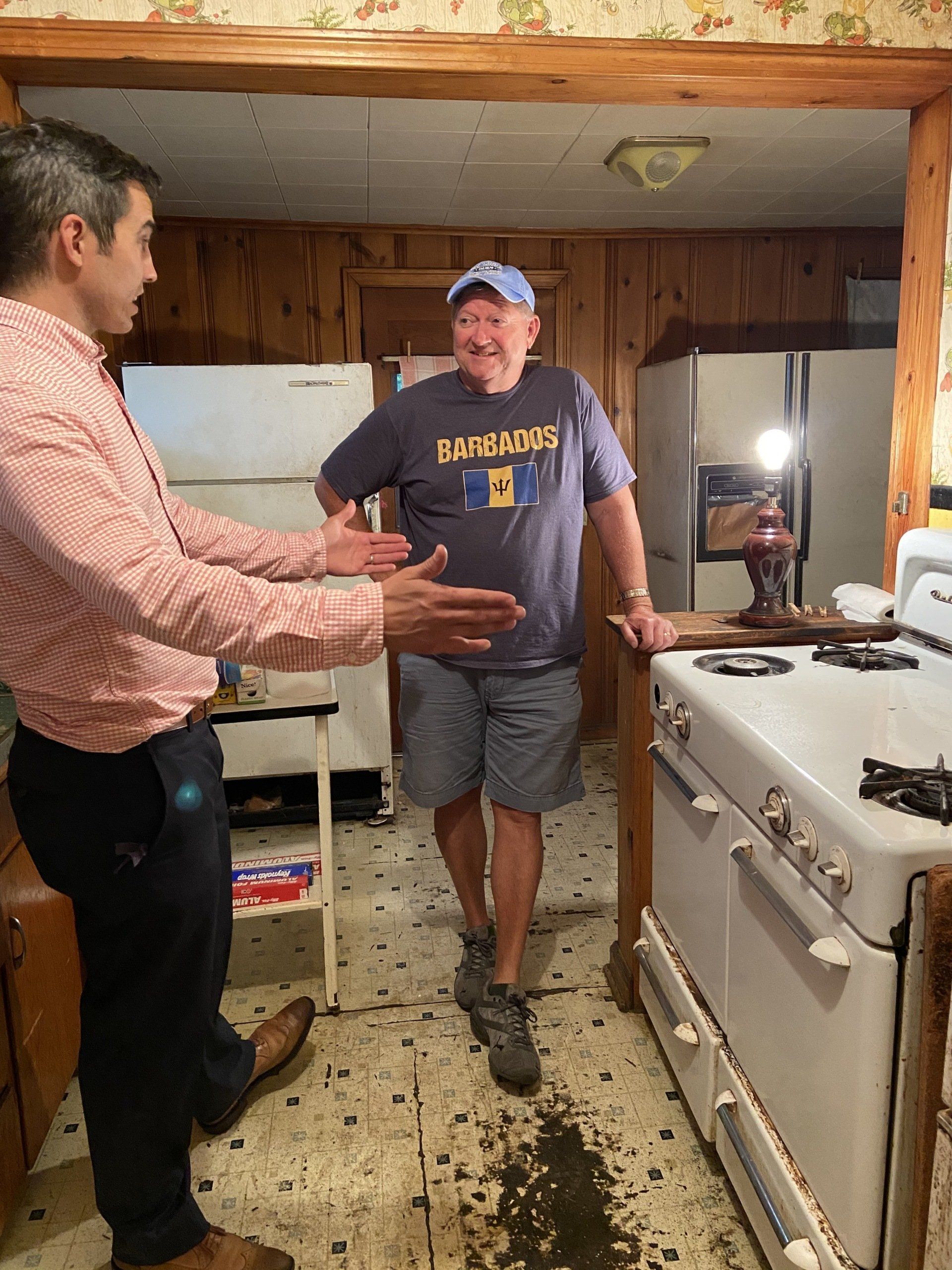You Inherited a House. Now What?
Eddie Van Buskirk • August 4, 2022
Dealing with the loss of a loved one can be devastating emotionally, physically, and sometimes financially. When you’re left with their house, it can bring up many emotions. For some, it may seem unkind. Now you have to figure out what to do with the house while being constantly reminded of your loss. For others, it might seem like a dream come true. Perhaps you’ve always loved that house and are grateful that it’s staying in the family.
Regardless of the situation, deciding what to do with an inherited house raises questions for most people. It’s not a situation one deals with regularly, and often, there’s no way to prepare for it ahead of time. This leaves inheritors feeling nervous and unsettled.
Finding a Way Through the Uncertainty
Kansas City Legacy Properties helps people navigate the process of inheriting a house by offering a range of services through trusted local partners. Real estate consultants, financial advisors, contractors, home repair specialists, attorneys, and estate sales specialists are on call to help our clients with whatever they need. This wealth of connections is why our clients come to us for solutions. We treat each situation with empathy and professionalism.
Three Choices to Consider
Our goal is to take away some of the fear of the unknown. If you’ve inherited a house, here are three options to consider.
- Move into it
- Rent it
- Sell it
Let’s take a closer look at each one.
Move into it.
Moving into the house might be an excellent option if it’s a house you’ve always loved or that’s high on the sentimental value scale. If this is an option you’re considering, make sure you understand the costs of making this property your primary residence. It may come with an ongoing mortgage payment that you’ll be responsible for. In addition, there will be property taxes, insurance costs, repairs, and upkeep on the property. If you don’t currently own a house, these added expenses may catch you off-guard.
The good news is that federal regulations require mortgage lenders to work with you if you’ve inherited a property. As long as you continue to make the mortgage payments, your credit isn’t impacted, either negatively or positively. This buys you time to work out some of the other details, like how to get your name onto the title or where to go to refinance the mortgage.
Rent it.
If you want to keep the house but don’t want to live there yourself, converting it into a rental property may be a good solution. Rental properties often provide owners with a nice passive income stream, especially when responsible long-term tenants can be found. Beware though. Becoming a landlord isn’t for everyone. It’s a lot of work. Some tenants are great at maintaining a property, and others aren’t. Before converting your inherited house to a rental property, make sure you know the pros and cons of doing so.
Short-term rental is another option that works for many. Inherited property is ideal for short-term rentals like Airbnb, VRBO, or other vacation rental companies. Renovations or reconfiguration may be necessary if you go this route. Find professionals who can guide you on the best way to handle the conversion from a single-family home to rental property.
Sell it.
Sometimes keeping an inherited property just isn’t feasible. In this case, selling the home might be the best choice. It’s often a simpler solution than converting it into a rental property. And sometimes, making a clean break with the past is the best option.
If you decide to sell the house, you may be subject to taxes on the sale. Estate and capital gains taxes are at the top of the list, so consult with an accountant before finalizing the deal.
Kansas City Legacy Properties Helps With All This and More
If you’ve inherited a house and don’t know what to do with it, give Kansas City Legacy Properties a call. Our inherited property specialists will be happy to guide you through the options to the best choice for your situation. Whether your property is stuck in probate, the subject of a co-ownership squabble, or has been sitting idle for years, we can help. Contact us today to schedule an appointment.










